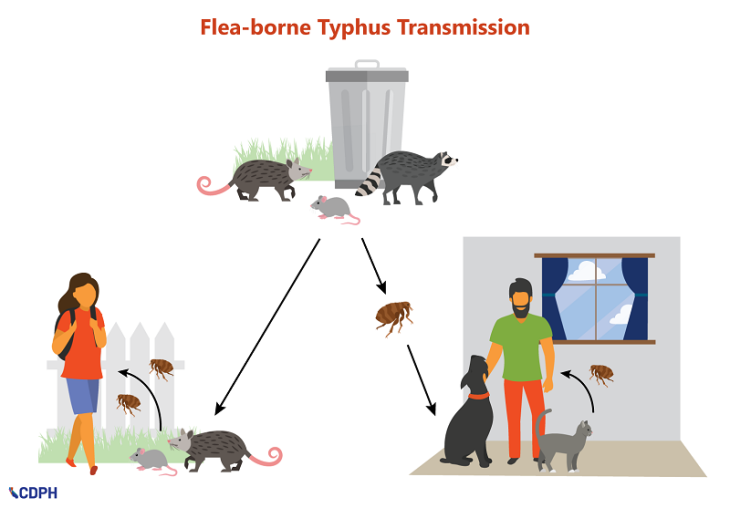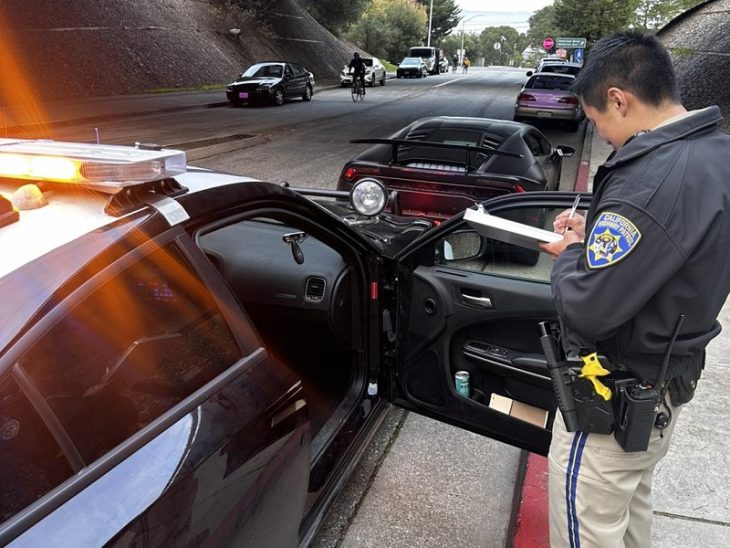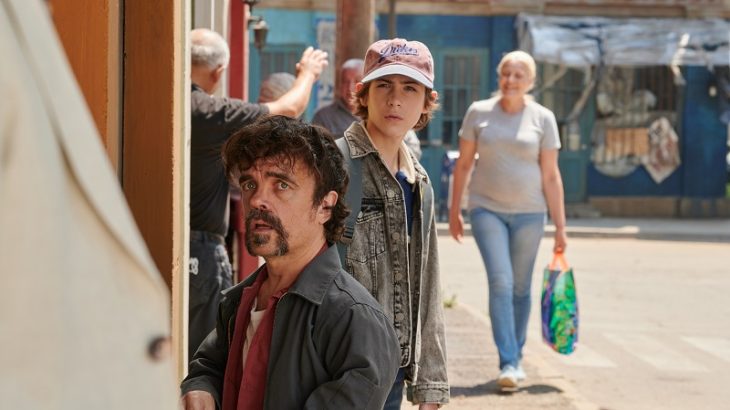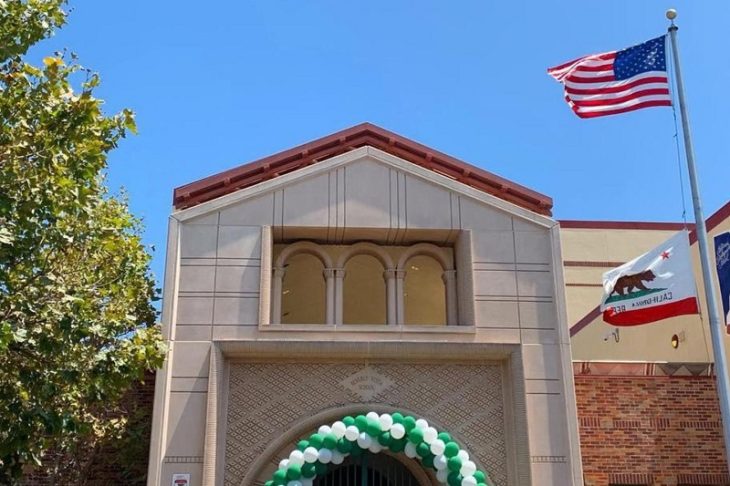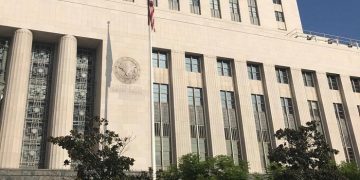 Defense attorneys paid to represent juvenile offenders in Los Angeles County are failing to connect them to social services that could help turn their lives around, according to a long-awaited report made public today.
Defense attorneys paid to represent juvenile offenders in Los Angeles County are failing to connect them to social services that could help turn their lives around, according to a long-awaited report made public today.
Public defenders are better at linking youth to services than outside or “panel” attorneys assigned to about one-quarter of county cases. But overall, the system has failed to evolve to meet modern expectations of juvenile justice, concluded the report by the Warren Institute on Law and Social Policy at UC Berkeley School of Law.
Panel lawyers connect just one in 100 youths they represent to a social worker after their case is resolved, according to the researchers. Public defenders make that link for about one-third of their clients.
Defense attorneys working on behalf of juvenile offenders “must advocate for their clients’ broader ‘care, treatment and guidance’ both before and after disposition of the criminal charges,” according to the report.
Making sure clients receive mental health, substance abuse, educational and developmental evaluations and treatment is “both ethically and legally required,” researchers said, adding that it is also “smart.” Youth receiving those kind of “wraparound” services are better able to break free of the cycle of crime and incarceration.
Part of the problem is that outside attorneys are paid a flat, one-time fee per case, based on a compensation system designed in the 1990s.
That system has been widely criticized. For at least a decade, the State Bar has said flat-fee contracts should not be used, according to county Chief Executive Officer Sachi Hamai.
UC Berkeley researchers found that Los Angeles County is the only county in the state that uses flat-fee contracts, doesn’t pay for investigators to assist panel attorneys and has no central mechanism to oversee the quality of outside representation.
Though outside attorneys handle a higher proportion of juveniles who end up being tried as adults, they spend, on average, about half as much time defending their clients. They filed fewer motions, consulted fewer experts and provided less documentation to support clients than public defenders.
“The quality of a defendant’s representation should not be a function of random attorney assignment,” the report stated.
The Board of Supervisors called for the report more than two years ago.
Supervisor Mark Ridley-Thomas previewed a motion, co-authored by Supervisor Sheila Kuehl, aimed at improving legal representation for indigent juvenile clients.
The motion, which Ridley-Thomas said addresses “an area that needs our urgent attention,” is expected to be heard next week.



